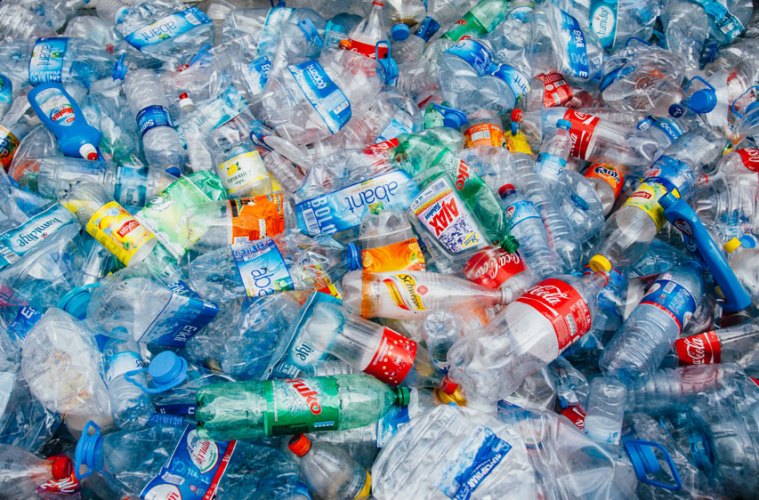Of all the plastics we’re using today, PET (polyethylene terephthalate) is the most easily recycled. In Taiwan, a shining example of plastic management, 95% of PET is recycled per year – more than 4.5 billion bottles. Taiwan has garbage disposal down to a fine art. Unfortunately, we can’t say the same for New Zealand.
When PET has been recycled, it is called RPET – recycled polyethylene terephthalate. It can be used for a wide variety of products – containers (bottles and packs), sheet and film, polyester carpet fibre, polar fleece, industrial strapping and luggage, just to mention a few. The use of RPET in place of virgin resin typically results in reduced energy consumption, lower cost and reduced environmental impact.
Not all RPET is created equal
In some countries, like South Korea and Taiwan, RPET is made with 100% recycled content. No virgin resin at all. This situation is ideal, because it means manufacturers are re-using plastic that already exists in the world, rather than creating new plastic. RPET made with 100% recycled PET is a good example of ‘closed loop recycling’. RPET can be recycled several times before it is no longer suitable for food and drink containers. At the end of its useful life as a packaging material, it can be turned into more permanent products, such as fabric, guttering and doormats.
In New Zealand, the majority of RPET manufacturers add virgin resin to the mix, which can be as much as 15% – 80%. This is not ideal, because it’s putting new plastic into the market.

Before you order RPET, make sure it’s 100% recycled
Like PET, which is made from virgin resin, RPET is safe, strong, transparent and versatile. It’s also lightweight and shatter resistant. For food and drink containers, RPET is an excellent solution, provided it’s 100% recycled.
In New Zealand there are no regulations governing the amount of recycled content required for RPET, which is why some manufacturers are mixing recycled content with virgin resin. Before you purchase RPET, ask about the actual amount of recycled content. If it’s not 100%, think twice about placing an order. There are plastics manufacturers in New Zealand working with genuine 100% RPET; you need to do your research to find them.

